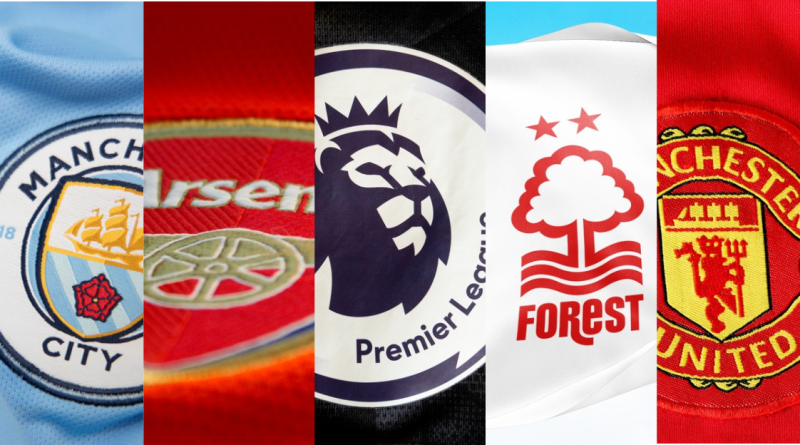Premier League Clubs Ranked by Non-Home-Grown Players
In the Premier League, each club must register a 25-man squad for the season—but no more than 17 of those players can be non-home-grown. This rule is in place to encourage clubs to develop domestic talent, and it often shapes how teams build their rosters.
A recent analysis shows striking differences in how clubs approach squad construction. While some sides rely heavily on overseas imports, others lean on their academies and local recruitment to remain compliant. In this article, we rank all 20 Premier League clubs by how many non-home-grown players they currently have in their squads—from the highest (and over the limit) to the lowest.
20. Manchester City – 20 Non-Home-Grown Players

Manchester City tops the list with 20 non-home-grown players, which is three above the Premier League’s registration limit of 17. Pep Guardiola continues to build a squad around international stars, often at the expense of local talent. Even with top English names like Phil Foden and Jack Grealish, the academy faces tough competition in breaking through.
19. Wolverhampton Wanderers – 20
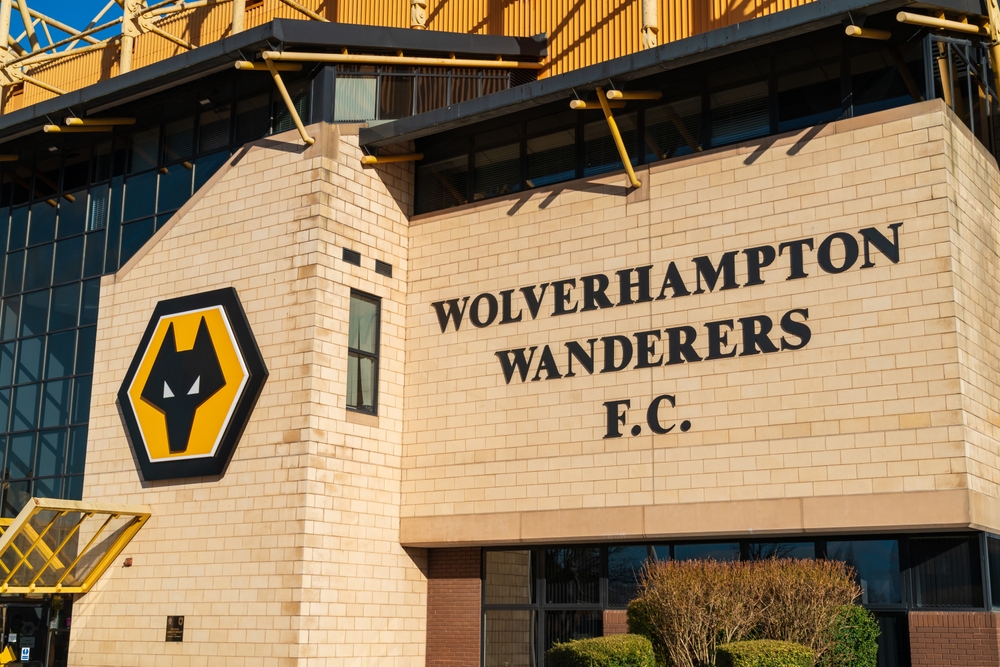
Wolves share the top spot with City in terms of non-home-grown players, also sitting at 20. Their squad leans heavily on Portuguese and South American imports, reflecting the club’s recruitment strategy in recent seasons. Like City, they’ll need to leave players out or sell before registering their squad to comply with the rules.
Read also: The 10 Greatest Football Teams of All Time - Ranked
18. Burnley – 18

Burnley, though newly promoted, has already built a squad with 18 non-home-grown players. The club has looked overseas to boost their talent pool, which could pose a challenge when finalizing their 25-man squad. At least one player will have to be excluded to meet league requirements.
17. Brighton – 18
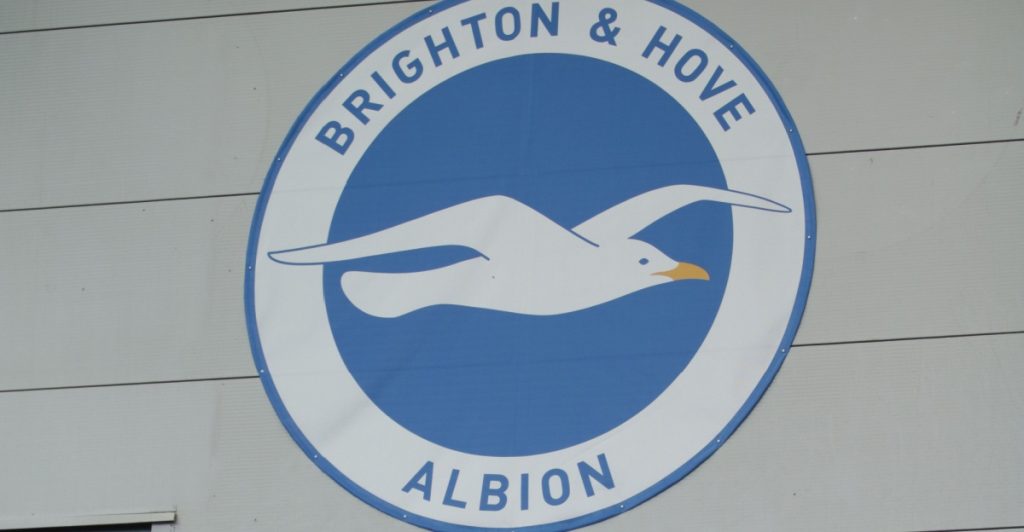
Brighton’s global scouting model has paid dividends but pushed them over the non-home-grown threshold. With 18 such players, they'll be forced to reduce by at least one to stay compliant. Despite this, homegrown figures like Lewis Dunk and Danny Welbeck remain central to the squad.
16. Tottenham Hotspur – 17

Spurs land right at the Premier League’s limit with 17 non-home-grown players. This gives them no wiggle room for new international signings unless they make room. The London club balances a core of local players with a range of overseas talents suited for European competition.
15. Chelsea – 16
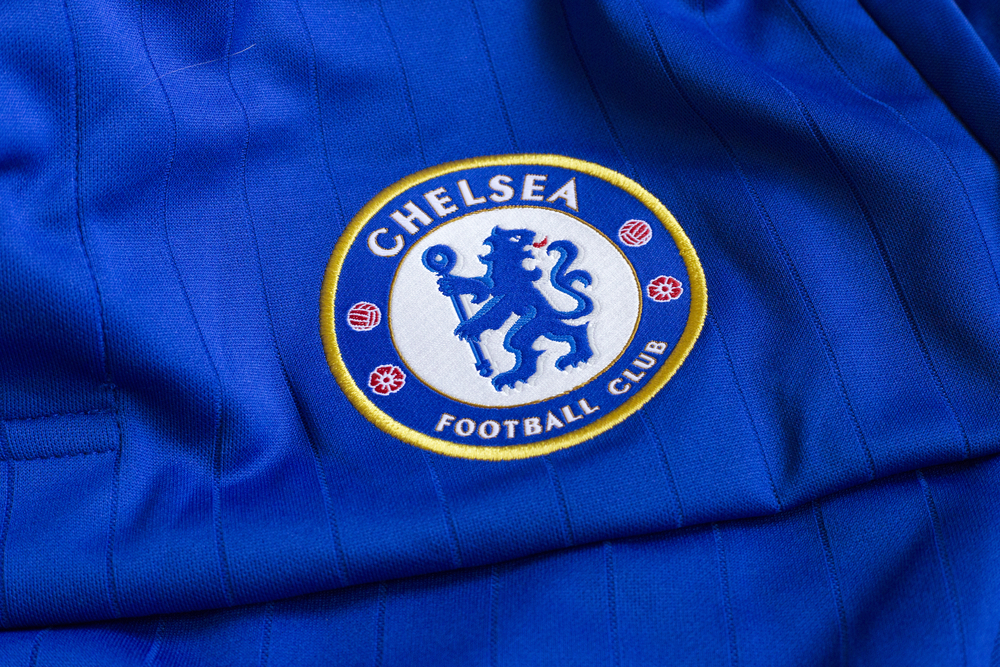
Chelsea has hovered near the limit since Todd Boehly’s spending spree began. With 16 non-home-grown players, they are within the rules but only just. Their extensive use of foreign signings contrasts with a famed academy that has produced top English talents like Reece James.
Read also: 20 Of The Greatest FC Barcelona Players of All Time - No specific order
14. Liverpool – 16
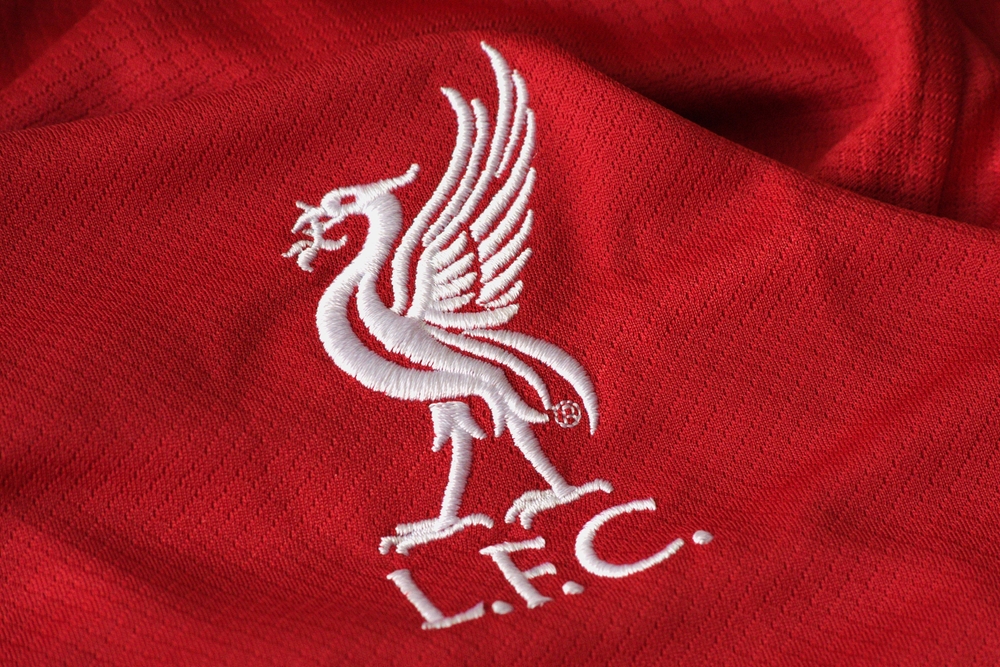
Liverpool, like Chelsea, sits just under the threshold with 16 non-home-grown players. Jürgen Klopp’s side maintains a strong British spine while also relying on key foreign stars. This balance has kept them competitive while staying within Premier League squad limits.
13. Brentford – 16
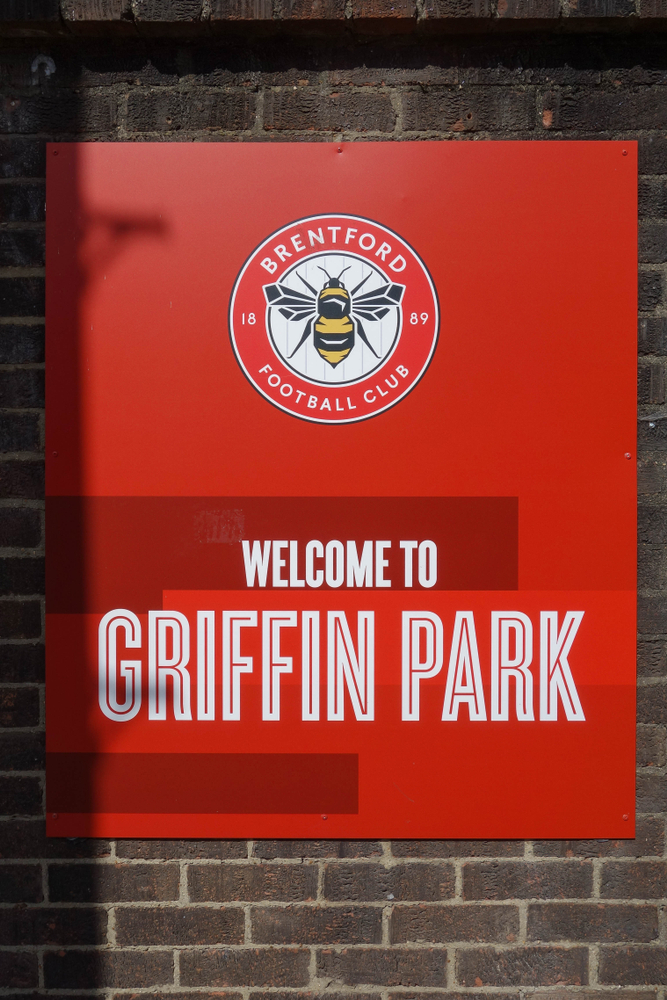
Brentford continues to scout widely across Europe, bringing their total to 16 non-home-grown players. Their data-driven recruitment model targets undervalued international talent, but they remain just within compliance. Strategic squad planning has helped them avoid breaking the rule.
12. Arsenal – 15
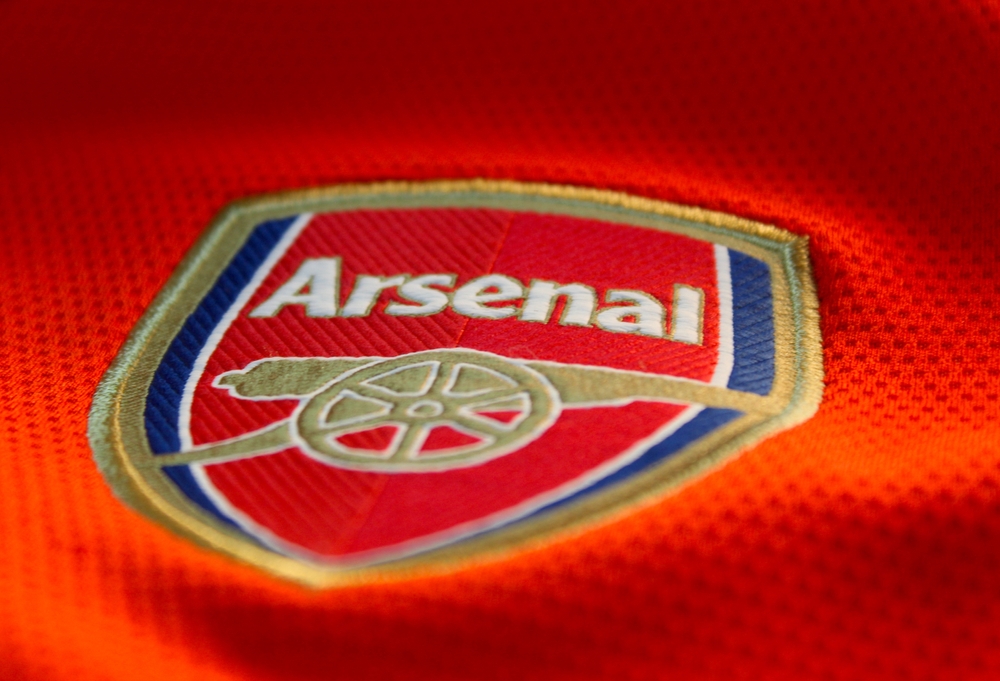
Arsenal fields 15 non-home-grown players, a number that reflects a well-balanced squad. While Mikel Arteta has invested heavily in overseas talent, the club still fosters English stars like Bukayo Saka. They're comfortably within the legal squad limit and remain flexible for future additions.
11. Aston Villa – 15

Unai Emery’s Villa squad includes 15 foreign players, keeping them under the cap. With ambitions of consistent European qualification, the club has expanded its recruitment reach abroad. Local talents are still given opportunities, particularly through the youth system.
Read also: The 10 Fastest F1 Cars in History - Ranked
10. Bournemouth – 15
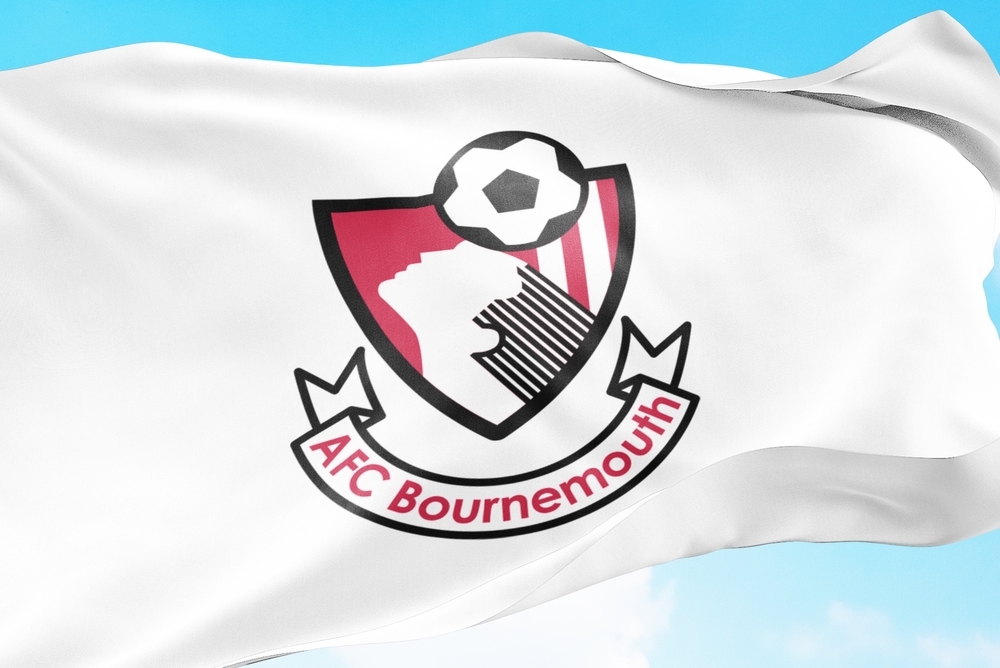
Bournemouth also registers 15 non-home-grown players, a notable figure for a club of their stature. They've increasingly looked abroad to strengthen the team, but their balance remains intact. The Cherries are compliant and show a sustainable squad structure.
9. Manchester United – 14
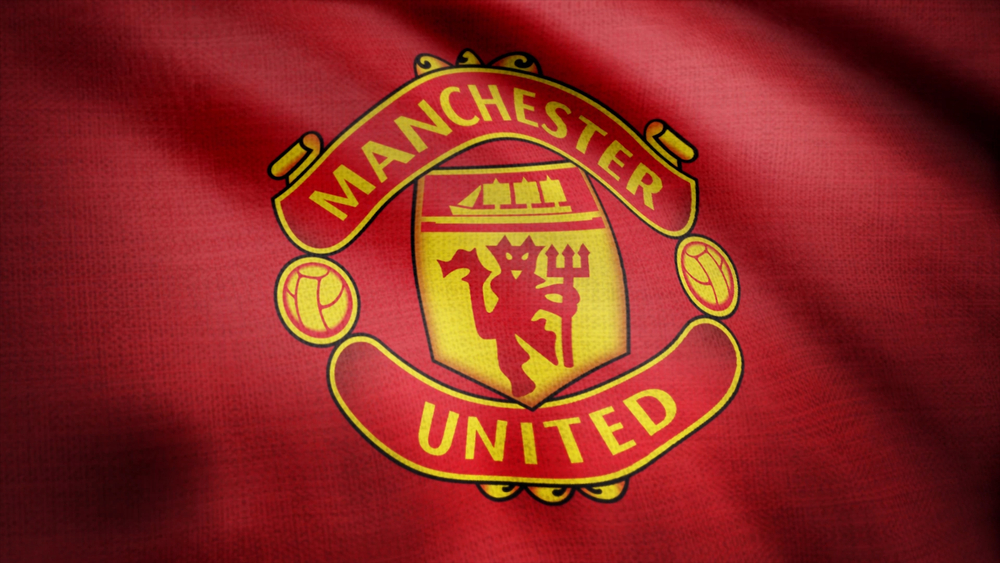
United benefits from one of the most prolific academies in England, keeping their non-home-grown number at 14. The presence of players like Rashford and Mainoo highlights the homegrown strength. This depth gives them leeway in the transfer market without risking registration issues.
8. Nottingham Forest – 14
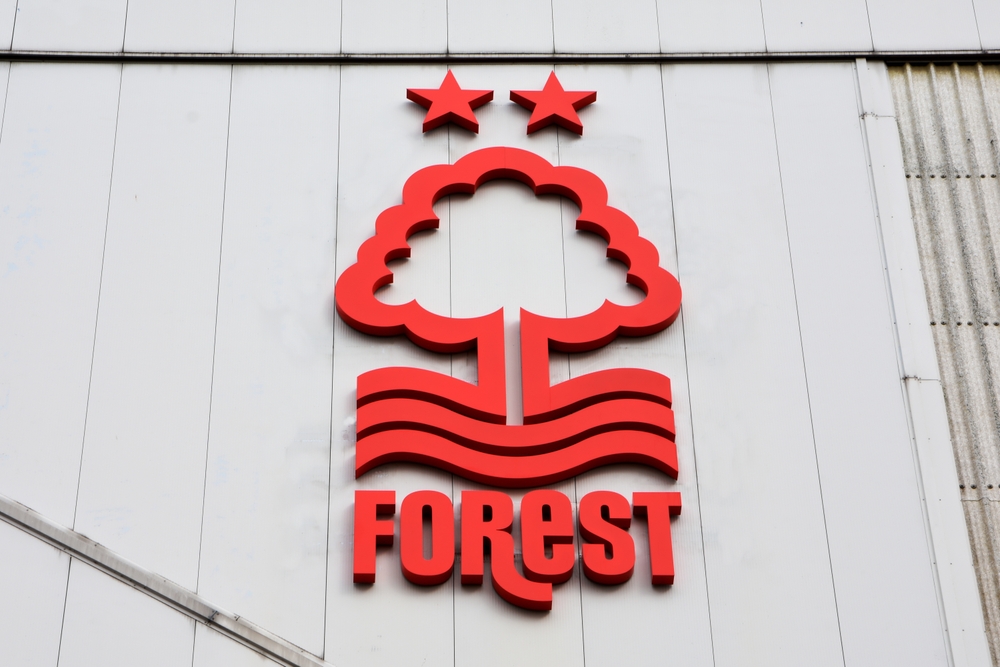
Forest, known for large transfer activity since promotion, now features 14 non-home-grown players. Their recruitment has spanned multiple continents, but they’ve stayed within limits. The club has room to maneuver without facing squad registration challenges.
7. Crystal Palace – 13
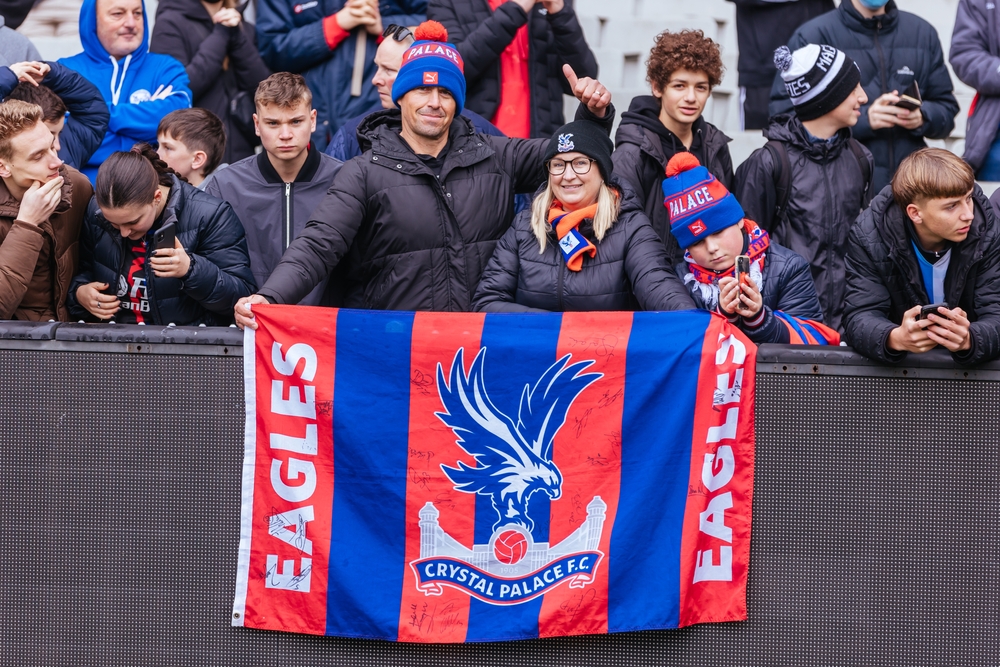
With 13 non-home-grown players, Palace sits in a comfortable range. The club has long relied on homegrown talent from London and the South of England. Losing Eberechi Eze would shift this balance, but as it stands, they are well under the 17-player cap.
Read also: Treble Titans: Every Club to Win the League, Cup & Champions League
6. Leeds United – 13

Recently promoted Leeds have retained a largely British core, with just 13 non-home-grown players. Their squad reflects their recent Championship status and focus on domestic experience. They have flexibility heading into the new season.
5. Sunderland – 13
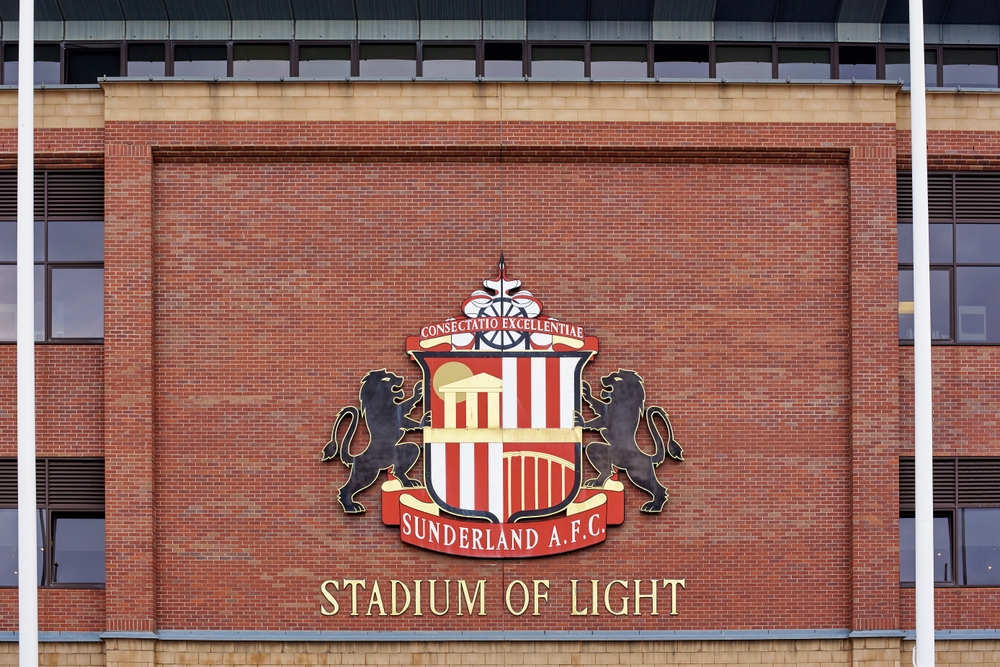
Sunderland matches Leeds with 13 foreign players, continuing a model rooted in local development. The club has traditionally leaned on homegrown talent, and promotion hasn’t changed that dramatically. There’s plenty of room to expand if needed.
4. Fulham – 12

Fulham’s 12 non-home-grown players suggest a moderate foreign presence. While they’ve invested abroad, key English names like Emile Smith Rowe help keep them under the radar. This leaves them with space for up to five more foreign additions.
3. West Ham United – 12
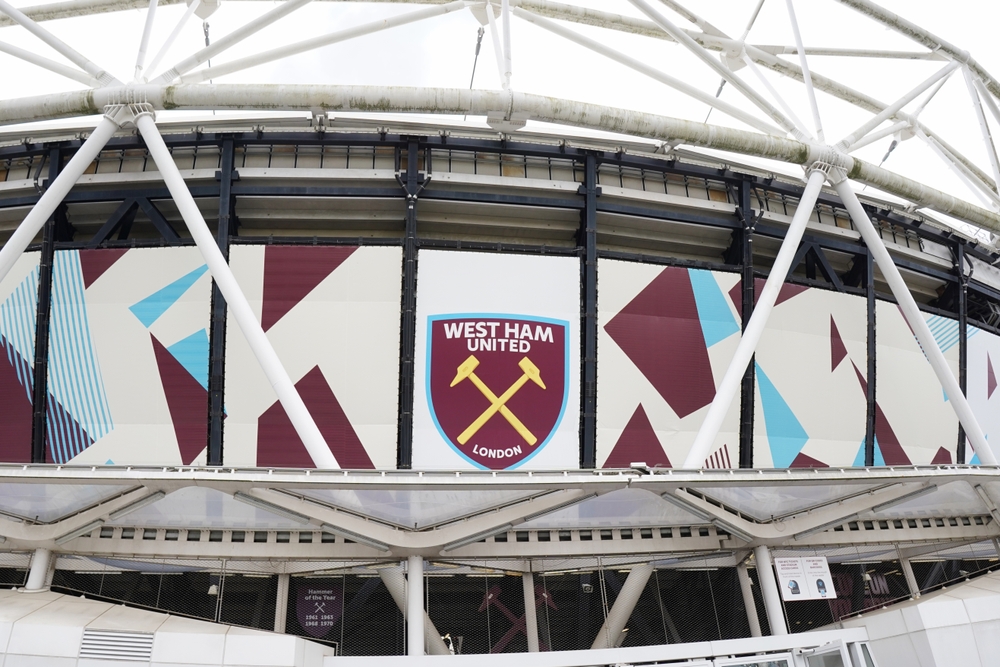
West Ham also sits at 12, which shows a balanced squad makeup under David Moyes. The team has leaned into domestic development while still enhancing key areas through foreign talent. Captain Jarrod Bowen leads a strong British contingent.
Read also: Rookie Rankings Mid-Season: Who’s Thriving and Who’s Struggling in F1 2025?
2. Newcastle United – 8
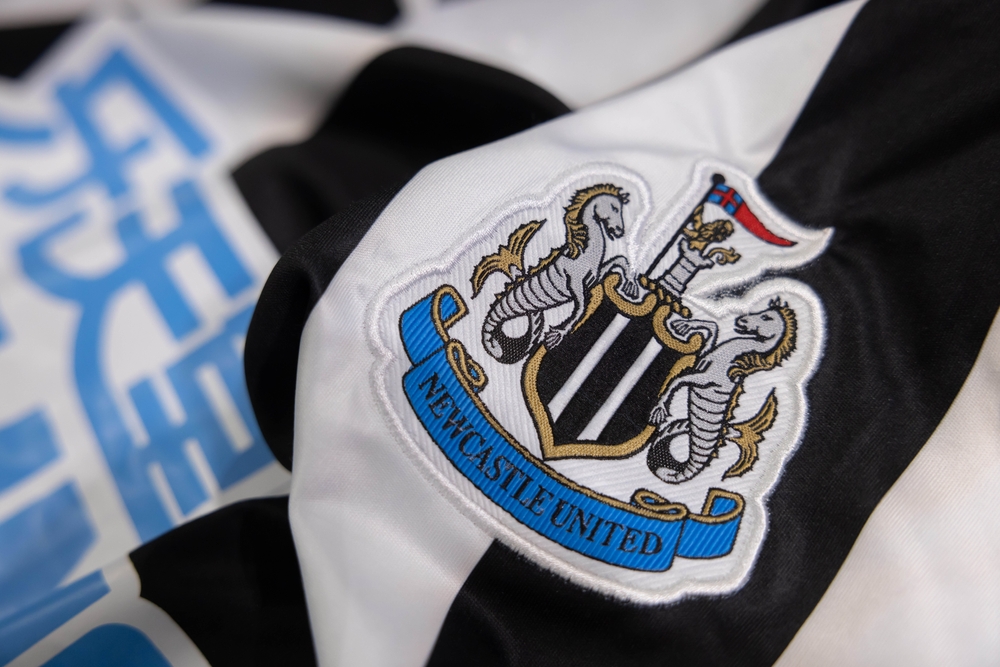
Despite a financial windfall, Newcastle has managed to build a team with just eight non-home-grown players. The club prioritizes British talent, which has allowed for a steady development path. This puts them among the most compliant clubs in the league.
1. Everton – 7
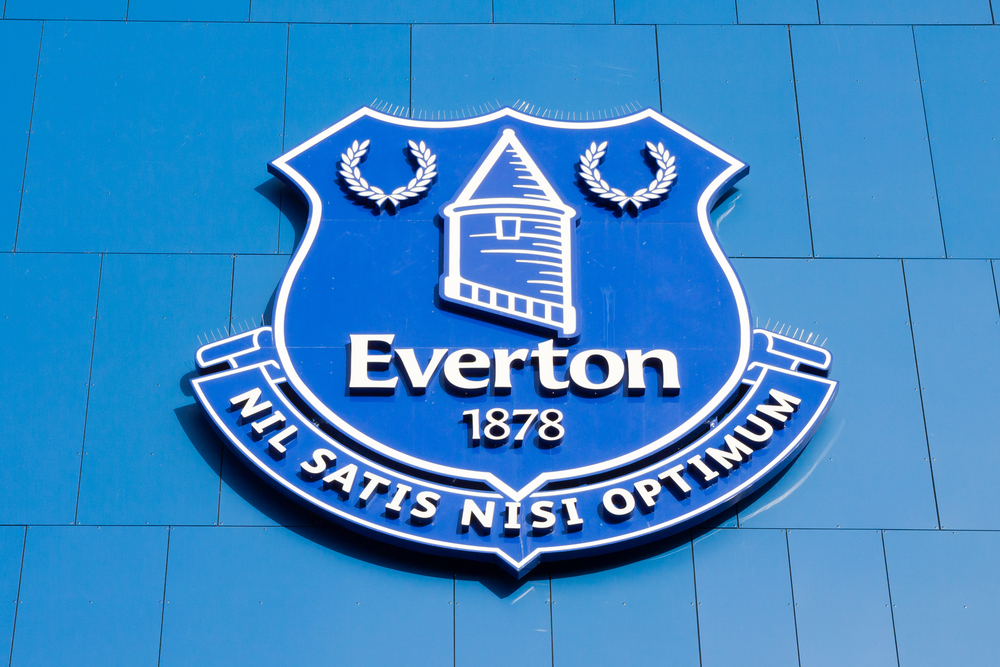
Everton has the fewest non-home-grown players in the Premier League, with just seven. Their financial limitations have curbed international spending, which in turn promoted domestic reliance. The club’s youth system has become crucial for survival and sustainability.

